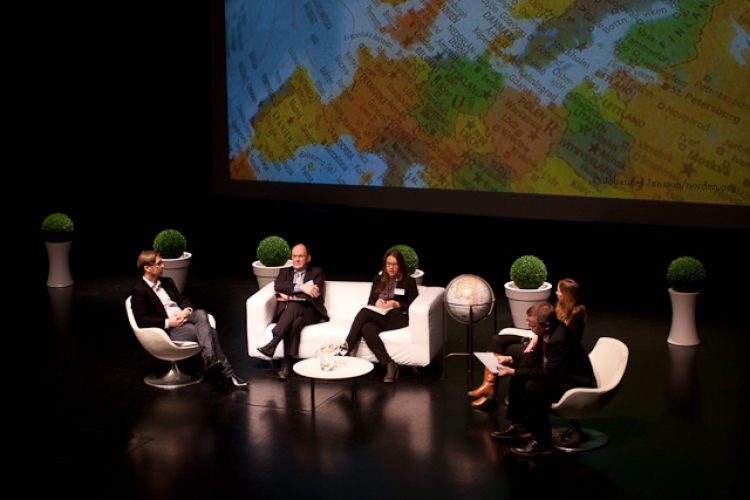“The migration crisis has a strong impact on the foundation of Nordic cooperation: the free movement of people, services and knowledge,” said Christer Haglund, Director of the Nordic Council of Ministers’ Office in Estonia. “Until now, all five Nordic countries have had different migration and refugee policies, but this vast migration crisis is forcing countries to look for joint solutions.”
On the first day of the conference, the researchers and experts will be taking a more general look at how place of residence, work and family lives influence integration. The experience in Europe shows that beneficiaries of international protection need more time to enter the labour market – so how can this process be accelerated? Immigrants mostly settle in cities, where they form their own communities, and this may not support integration. What is the impact of the migration crisis on the Nordic welfare model characterised by equal treatment of people?
The second day of the conference will focus on the role of the state and local authorities in accepting beneficiaries of international protection. Representatives of the Danish Vejle Municipality will introduce a new approach whereby refugees are placed in work practice as soon as possible, which also gives them the chance to learn the language and get to know the society. Representatives of Estonia, Latvia and Lithuania will share their experience of accepting beneficiaries of international protection.
The conference will be opened by Estonian Foreign Minister Marina Kaljurand and Norwegian Minister of EEA and EU Affairs and Minister for Nordic Cooperation Elisabeth Aspaker. The series of migration conferences was launched by the Nordic Council of Ministers’ Office in Estonia and the University of Tartu in 2013. The Estonian Contact Point of the European Migration Network are also helping to organise the conference this year.
Click here for more information on the conference, its agenda and the speakers.

